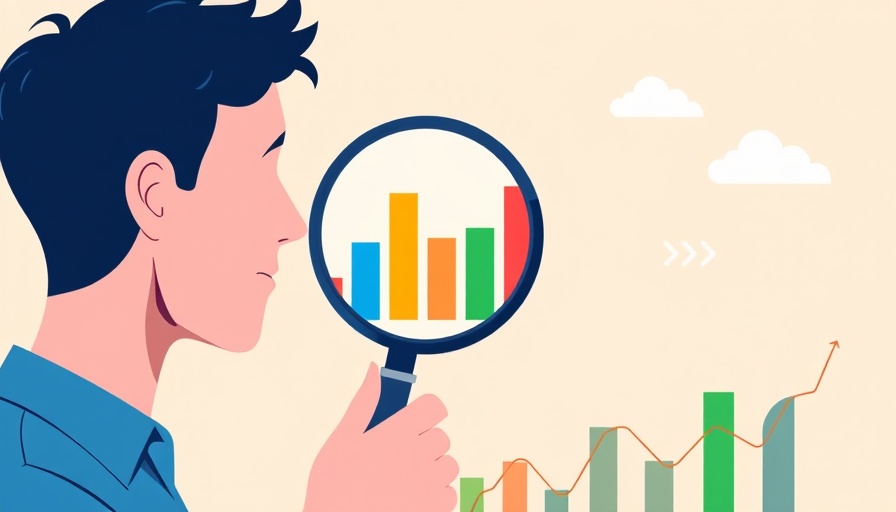
Google's March Core Update: An Overview
As the March 2025 Core Update from Google unfolds, a clearer picture of its implications is starting to emerge. Announced on March 13th, this update is being described as one of the most impactful yet, creating notable shifts in search result standings.
Key Trends and Observations from Initial Rollout
According to recent reports from tracking tools like Local SEO Guide and SISTRIX, the week following the announcement experienced the highest volatility in search engine results pages (SERPs) in over a year. This high level of fluctuation aligns with Google’s statement regarding the update's rollout and its anticipated impact.
Who Are the Winners and Losers?
The early data from Local SEO Guide point out both clear winners and significant losers among the sites monitored. High-profile sites gaining visibility include ThisOldHouse.com, Reddit.com, and HomeDepot.com. In contrast, sites like DIYChatroom.com and Bluettipower.com suffered drastic drops in visibility, suggesting that their content strategies may need reconsideration.
Emerging Patterns Affecting Content Strategies
One notable trend identified by Andrew Shotland, CEO of Local SEO Guide, is the potential devaluation of forum content. Following the update, two forums experienced significant visibility drops despite recent gains. This shift indicates that Google may be prioritizing established platforms, like Reddit, for certain types of searches—encouraging users to rely on more reputable conversation sources.
The Impact on AI-Generated Content
Another crucial observation highlights a reduced visibility for sites utilizing heavy AI-generated content. For instance, domains like Bluettipower.com appear to have been penalized for generating content that lacks genuine user engagement and depth. This pushback against superficial, SEO-driven strategies may compel website owners to evaluate the authenticity and usefulness of their content.
Sector-Wide Repercussions
This core update is unlike previous iterations that tended to target specific niches. Instead, its effects ripple across various sectors—including retail and government—as evidenced by changes in site visibility. Notably, retailers such as notonthehighstreet.com and uniqlo.com gained visibility, while giants like amazon.com saw declines.
What's Next for SEO Practices?
As uncertainty looms regarding the long-term impacts of this update, digital marketers and website owners may need to reassess their SEO strategies. Focused effort on enhancing user experience and authentic content generation seems essential to thrive in the evolving search ecosystem.
Final Thoughts: Staying Ahead in a Dynamic Landscape
As Google’s algorithms continue to evolve, understanding core updates becomes critical for anyone navigating the digital landscape. Keeping abreast of these changes and adapting strategies accordingly is key to maintaining visibility and performance in search rankings.
 Add Row
Add Row  Add
Add 




Write A Comment